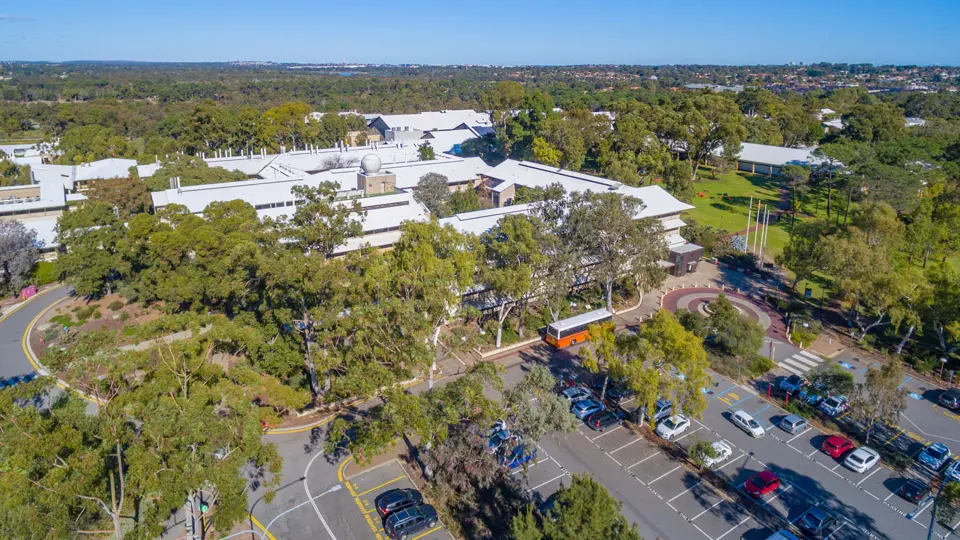Planning your budget
Uni life goes beyond the classroom so learn about the expenses you may need to budget for to get the most out of your Murdoch experience.
Things to budget for
Whether you’ve called Perth home for a while, or are joining us from regional WA, interstate or overseas, you’ll need to plan for a range of living expenses.
Depending on your circumstances and lifestyle, these costs will vary. Below are example figures from Study Australia to help you put together an estimated guide of living costs.
- accommodation – ranges from around $90 to $150 per week for hostels and guesthouses, to over $440 per week for a rental off-campus.
- public transport – $30-60 per week.
- food and groceries – $140-280 per week.
- phone and internet – $15-30 per week.
- gas, electricity – $10-20 per week.
- entertainment – $80-150 per week.
Other costs to consider:
- healthcare and medical costs (including health insurance and medication)
- textbooks and materials (such as lab coats, safety glasses, calculators)
- child care
- clothing
To estimate your living costs based on your preferences, check out the cost of living calculator.
Where to live
There are several types of accommodation options, both on and off campus. Costs will vary depending whether you choose an apartment or a house, and if you want to share or live alone.
On-campus accommodation
Murdoch University Village is located on the main Perth campus and is home to around 800 students in a range of self-catered apartments.
Room rates include utilities such as power and gas, which makes budgeting easier, especially if you’re new to Perth or are living out of home for the first time.
Off-campus accommodation
The Murdoch Student Guild provides an off-campus accommodation database for students. Available Perth rental properties are also advertised with REIWA and realestate.com.au.
Extra start-up costs can be involved when renting, including a bond of 4 weeks rent. Utilities may not be included in your rent, so remember to consider this while planning.
Getting to uni
Depending where you live and which campus you study at, public transport might be the best option for you, or you might choose to drive. Either way, you’ll need to factor these costs into your budget.
Public transport
Our campuses in Murdoch, Rockingham and Mandurah are easily accessible by public transport. See Transperth’s website for train and bus timetables and the cost of fares.
Full-time students are eligible for a Tertiary Smartrider, which gives you discounted travel around Perth.
Driving your car
Prefer driving? You need to factor in running costs including registration, insurance, fuel and parking on campus (if you don’t live on campus).
Perth fuel prices vary. Check out Fuelwatch for daily pricing information to help you find the cheapest fuel.
Other useful resources
- Expatistan - cost of living site that uses crowdsourced information to bring you current costs for everyday expenses in Perth.
- MoneySmart or Budget Planner – online budgeting tools to help you plan your spending.
- Student Edge – a range of helpful information, including discounts and deals.
Extra information for international students
It is condition of your temporary student visa that you purchase Overseas Student Health Cover (OSHC) which needs to be valid for your entire stay in Australia.
It’s a good idea to arrive in Australia with easy access to money to pay for miscellaneous expenses associated with settling in Perth. If you have not pre-paid for housing, or if you will be staying in unfurnished accommodation, you will need to pay for start-up costs such as a bond, advance rent and furniture.
Help is available
We know that even with the best budgeting in place, sometimes things don’t always go to plan. While it’s your responsibility to ensure you can pay for all your living costs throughout your degree, there’s a range of support services available to help students in times of need.
We encourage you to regularly explore which scholarships you could be eligible for, and to also get to know the Murdoch Student Guild. They offer a range of great initiatives, including a book subsidy scheme, second-hand bookshop, tax help and more.
How to apply
Ready to apply? Get started with applying for your preferred Murdoch course.
Explore study areas
Discover study areas at Murdoch and choose the path that’s right for you.

